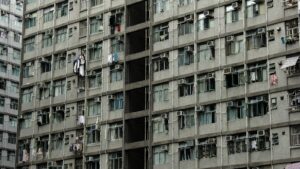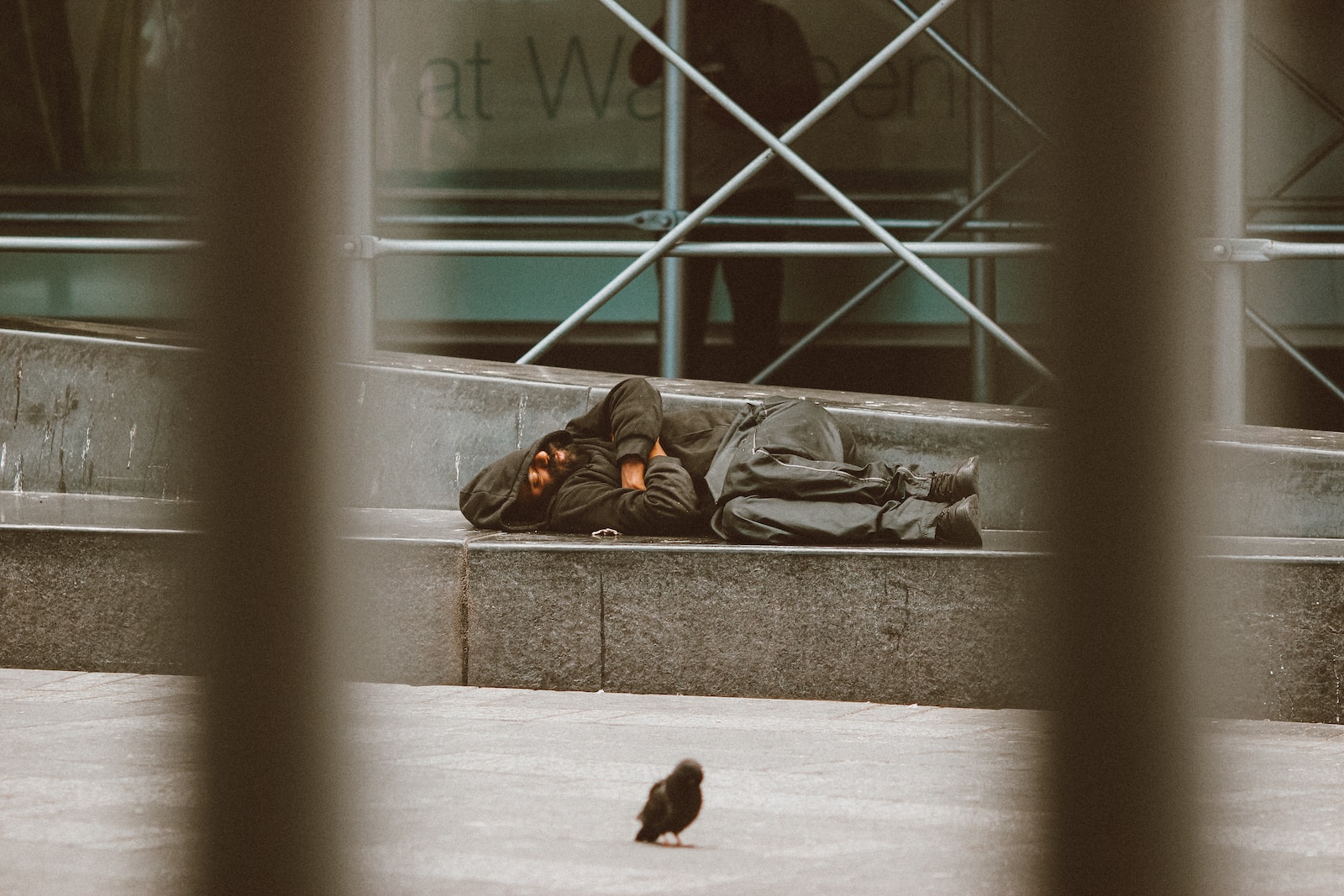Tragically, a new report has found the number of people sleeping on the streets of the capital city has increased by 10%.
Combined Homelessness and Housing Information Network (CHAIN), a multi-agency database recording information about people sleeping rough, published new findings today about the number of homelessness people in London.
The report discovered 3,272 people slept rough on the streets of the capital between April and June this year, including a 12% increase in new rough sleepers.
These figures follow national statistics, released last week, which showed early 2023 was the worst period on record for homelessness in England, with almost 80,000 households contacting their council for help and 105,000 households living in temporary accommodation.
Alicia Walker, head of policy, research and campaign at youth homeless charity Centrepoint, called the actions taken since the 2019 promise to end rough sleeping amounted to more than ‘sporadic policy announcements and piecemeal funding’.
Alicia added: ‘It’s not surprising the overall number of people seen sleeping rough in London has continued to rise.
‘Despite falling inflation, young people are still calling our helpline because they’re struggling with the cost of living.
‘What’s more, the little amount of support that has been put in place to help vulnerable households over the last year has not reached enough young people, meaning many are still struggling to afford to both pay their bills and their rent each month.’
According to the research, the vast majority of those counted in London (79%) spent only one night sleeping rough, but more than a third of the total were classed as intermittent rough sleepers. More than 400 people (12% of the total) were deemed to be living on the streets from night to night.
The borough of Westminster, which includes Soho, Mayfair, Buckingham Palace and the Houses of Parliament, had the highest number of rough sleepers by far, although this figure has fallen steadily over the last 10 years.
Lee Buss-Blair, director of Operations at Riverside, said: ‘Everyone should be concerned by the on-going increases in rough sleeping and homelessness in our nation’s capital and the stark drop in the supply of homes available for rent.
‘London now appears to be facing its most acute housing and homelessness challenge for many years.
‘In June it was revealed that more than 10,000 people have been identified as sleeping rough in London over the past year – the largest figure over the past decade not affected by the Covid pandemic.
‘This latest increase in rough sleeping in London comes a week after it was revealed that there are now more than 60,000 homelessness households living in temporary accommodation in London – more than half of the total number of households affected in England.
‘Providers working in homelessness are already under huge pressure caused by inflation, increased demand and long-term cuts to local authority budgets. It is not financially sustainable for many providers to work in the sector.
‘Research by Homeless Link showed 92% of providers were concerned costs of living would affect their ability to maintain service and support standards.
‘We are also calling on the government to ring-fence and increase long-term revenue funding for supported housing to ensure spending at least matches the £1.6bn per year allocated to local authorities in England in 2010.’
Image: Jon Tyson



















Leave a Reply